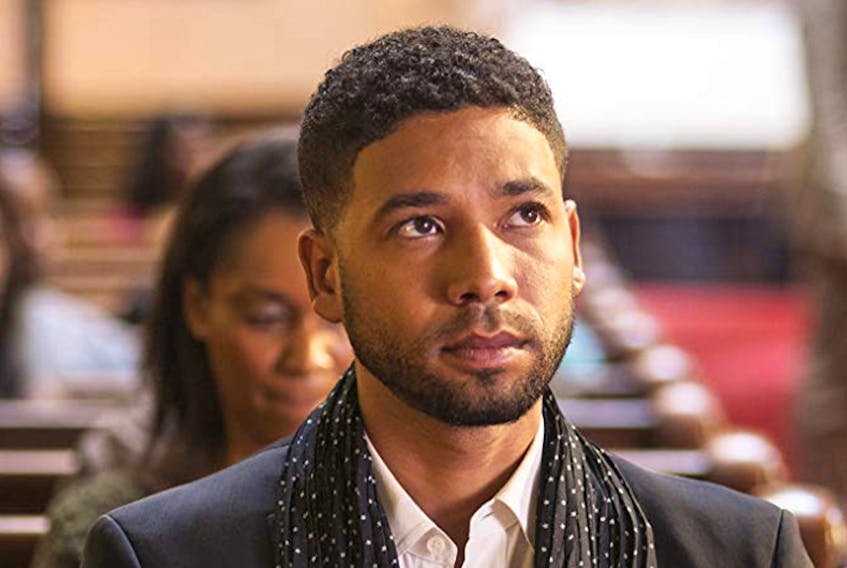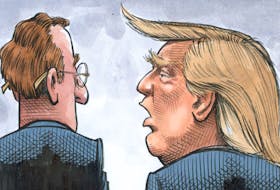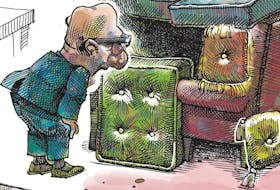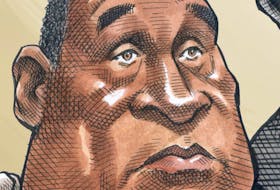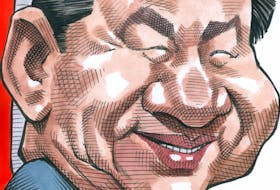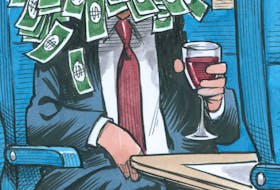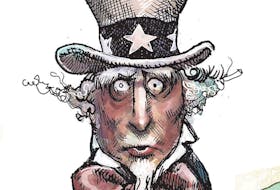Once upon a time, most people would wait until they knew most of the facts before they made up their mind if something was true or not; this is especially important when a criminal act is involved.
In today's world, news is virtually instantaneous, and news media feel pressured to be the first to provide the details about what happened and to account for the motives behind the event. In the rush to be the first to provide the answers, we often jump to the wrong conclusions and later find out that what was concluded at the beginning turned out to be false.
These types of circumstances appear to be occurring with increasing frequency and are leading to situations where emotions become inflamed and the search for justice becomes entangled with the narrative of a particular social issue instead of the individual facts of the event.

Until a little over a month ago, I had never heard of American actor Jussie Smollett from the television series "Empire". When the news broke that he had reported being the victim of a hate crime, many people were quick to jump on the bandwagon and decry the racism and homophobia that was clearly behind the attack he experienced. Although some elements of his story didn't quite seem to add up, many people had made up their minds that he had been victimized and anyone who questioned his narrative was roundly criticized.
There was pressure on the police department, who had its own history of some difficulties around relationships with the black community, to quickly find and arrest the perpetrators of this racially- motivated crime.
Shortly after, a news conference was called by Chicago police chief Eddie Johnson to announce that upon investigation, the department had concluded that Mr. Smollett had fabricated and staged the entire event and was now himself facing criminal charges arising from his false claims. He speculated at the news conference that Mr. Smollett had concocted the attack to engender public sympathy in an attempt to seek more money from his employer and he stated that it was a disservice to people who had legitimately experienced racist attacks that he would claim a noose was put around his neck.
Since then, the Chicago Police Department has launched an internal investigation into the amount of information around this case - both true and false - that has been leaked to the public. Mr. Smollett, who next appears in court today, has pleaded not guilty to the charges.
This is not the way that criminal cases are supposed to proceed.
This opinion and judgment occurred before a single fact was entered in a court of law about the truth of this situation, which is very disturbing. What has happened here - and what is happening much more frequently - is that a possible criminal act is being tried in the court of public opinion instead of a court of law. When people thought he had been assaulted, they were ready to severely punish his attackers before they had their day in court and, now that he has been charged, he, too, is being pilloried in public before he has a chance to challenge the facts in court.
This is not the way that criminal cases are supposed to proceed and, at the very least, the public should not be aware of the facts of a criminal case before a judge or jury has this chance to assess in order to not prejudice the process.
While our positions on certain social issues are important, we need to be careful that we don't use criminal cases that have not yet been tried to drive these platforms. This case, in particular, is about the actions of the people involved, not a commentary on race or gay relations in Chicago and it won't change these issues regardless of the outcome. We need to slow down and not rush to judge things before we know the facts; it's a valid approach in law and it wouldn't hurt in our day-to-day lives either.
Brian Hodder is an LGBTQ2 activist and works in the field of mental health and addictions. He can be reached at [email protected].
More from BRIAN HODDER:
Catholic Church must protect children from abuse by clergy

